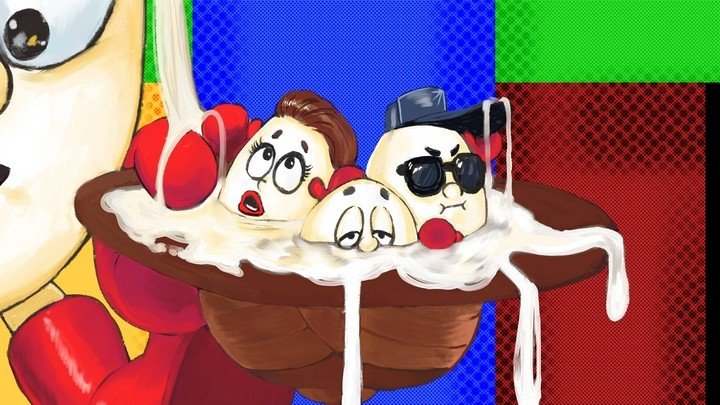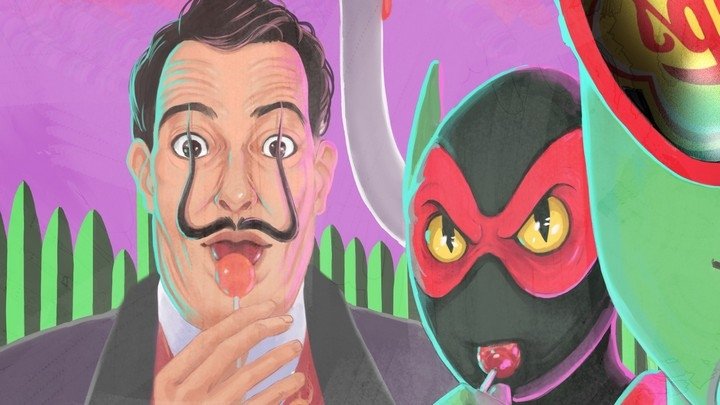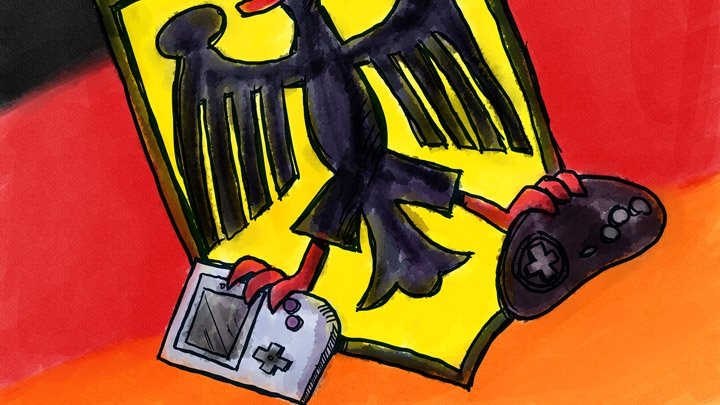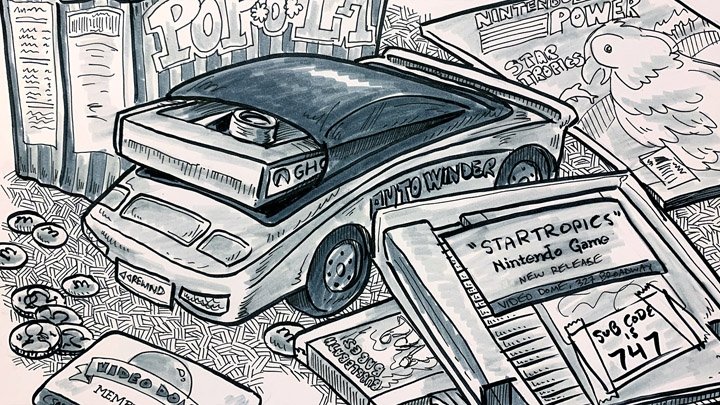How a tycoon falling off a boat damaged the UK games industry
It's quite a story.
These days, Mirrorsoft are something of an answer to a trivia question -- they're perhaps most famous for the role they played in the fight for the rights to Alexey Pajitnov's Tetris, when Nintendo by way of Henk Rogers snatched it from under their noses and grabbed the game for the Game Boy and NES...all this despite the owner of Mirrorsoft's desperate attempts at a reversal through contacting someone quite high up in the Soviet government...that man being Mikhail Gorbachev. For Mirrorsoft were owned by a man who was, at the time, one of the UK's most visible, most powerful and most ruthless tycoons - Robert Maxwell.

Maxwell is...one hell of a case study. Around this time he owned several major press publications such as The Mirror in the UK, and the New York Daily News in the US -- not to mention stakes in various other companies, including MTV. Press was his main passion though -- primarily because it was the key to beating his hated rival, Rupert Murdoch. As quite a visible figure on the left, Maxwell also had the ear of several leaders behind the Iron Curtain -- this is a man who once interviewed Nicolai Ceaucescu and asked him, with a straight face, why he thought he was so loved by the Romanian people. Mere months later the Romanian people showed their love by revolting, capturing him, and shooting him and his wife live on television. And as lavish as the Maxwell empire appeared to be, with the cigars and helicopters and all that, nothing was quite as it seemed.
Mirrorsoft was a Maxwell concern following his acquisition of the Mirror Group in 1984, and for most of the '80s they were a fairly strong and high-profile publisher -- the likes of Dynamite Dan, Fernandez Must Die, and in particular early games by the Bitmap Brothers such as Xenon 2 and Speedball 2: Brutal Deluxe were released under their banner. As the story heads into the '90s, they were a growing part of the Maxwell empire, even as other parts suffered. More than that, through 1991 it seemed as though Mirrorsoft were on course to make a big tilt at becoming one of the strongest publishers in Europe.

They went about this by signing contracts with several of the strongest developers around -- the aforementioned Bitmap Brothers were already a part of the deal. Sensible Software, who released the classic Mega-Lo-Mania under Mirrorsoft, made a deal that would have also included Sensible Soccer and Cannon Fodder. Graftgold, one of the strongest British developers of the 1980's, were also due to publish games such as Fire and Ice through Mirrorsoft's "Image Works" label. Add to this other concerns such as Spectrum Holobyte in America, and you have the build up of a strong arsenal...but how this would have all panned out is something we'll never know.
Amid growing concerns over the business practices and stability of the Maxwell empire, Robert Maxwell took to his yacht, the Lady Ghislaine, in November of 1991. In the small hours of the 5th, he fell off of it...some say it was a heart attack, some a suicide, some even an assassination. Either way, his drowned body was found in the daytime. In the months after, the scale of the Maxwell empire's corruption became clear -- Robert Maxwell had been taking hundreds of millions of pounds worth of money from his own employees' pension funds in order to prop up his businesses. The results were catastrophic, and his empire crumbled into the ground. The likes of Mirrorsoft would not survive, and their plan to take over the European games industry never came to fruition.

Companies such as the Bitmaps and Sensible weathered the blow, and were able to take their games back from the fallen company, but they would take a hit -- games that they had published under Mirrorsoft were now no longer going to make any money for them. In particular, Speedball 2 was one of the Bitmap Brothers' most successful titles, but they made barely any money from it -- after Mirrorsoft collapsed, there was no way to make any royalties on the game. Just another area of UK business that had a tremendous amount of bad feeling towards the past-tense tycoon, then. Still, it is intriguing to wonder exactly what would have become of Mirrorsoft's efforts had Maxwell not fallen off the yacht. Considering all we know of his empire, it might have been for the best.




